Overview
Maltodextrin is a polysaccharide derived from the partial hydrolysis of starch, typically sourced from corn, wheat, or rice. It appears as a white to off-white powder with a mild sweetness and is widely used as a carbohydrate source, texture enhancer, and filler in various food and beverage applications.
Composition and Physical Properties
Maltodextrin consists of glucose polymers of varying chain lengths, classified by its dextrose equivalent (DE) value, which usually ranges from 10 to 20. It has excellent solubility in water, low viscosity, and a neutral flavor profile, making it highly versatile.
Applications and Functional Benefits
Maltodextrin is valued for its ability to:
-
Enhance texture and mouthfeel in beverages, sauces, and dairy products
-
Act as a bulking agent in powdered drink mixes and instant foods
-
Provide a quick and easily digestible source of energy in sports nutrition
-
Serve as a carrier for flavors, vitamins, and minerals
-
Improve moisture retention and shelf life in bakery products
-
Stabilize emulsions and suspensions in processed foods
Quality and Technical Specifications
| Parameter | Specification | Typical Result |
|---|---|---|
| Appearance | White to off-white powder | Complies |
| Dextrose Equivalent (DE) | 10 – 20 | 15 |
| Moisture Content | ≤ 10% | 8.5% |
| Ash Content | ≤ 1.0% | 0.4% |
| pH (10% Solution) | 4.0 – 7.0 | 5.8 |
| Bulk Density | 0.4 – 0.6 g/cm³ | 0.5 g/cm³ |
| Solubility | Soluble in water | Complies |
| Heavy Metals (Lead) | ≤ 2 ppm | < 2 ppm |
Sensory Attributes
-
Appearance: Fine powder, white to off-white
-
Odor: Odorless
-
Taste: Mild sweetness, neutral flavor
Packaging and Storage
Maltodextrin is supplied in moisture-resistant bags typically weighing 25 kg. It should be stored in a cool, dry place, away from strong odors and moisture to preserve quality and extend shelf life, generally up to 24 months.
Regulatory Approvals
Maltodextrin is approved by global food safety authorities including the FDA, EFSA, and JECFA. It is recognized as safe for use in a wide range of food, beverage, and pharmaceutical products.
Conclusion
With its functional versatility, mild taste, and nutritional benefits, Maltodextrin is an essential ingredient in the food and nutrition industries. Its ability to improve texture, provide energy, and stabilize formulations makes it a popular choice among manufacturers.

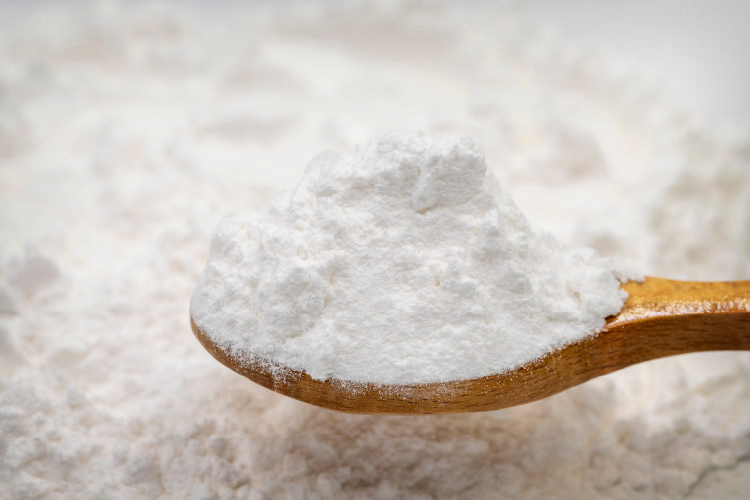
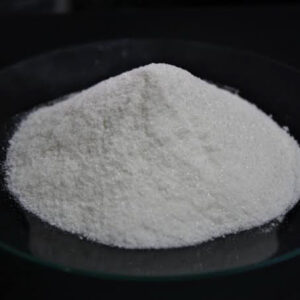
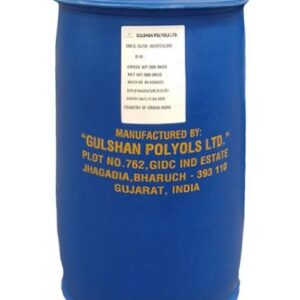
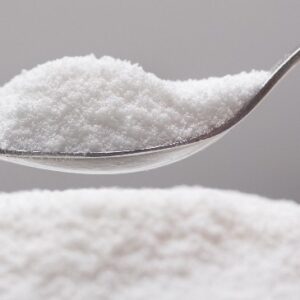
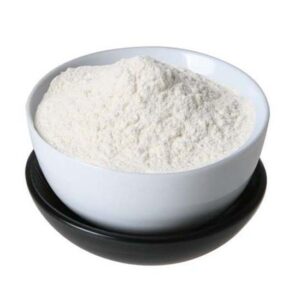
Reviews
There are no reviews yet.